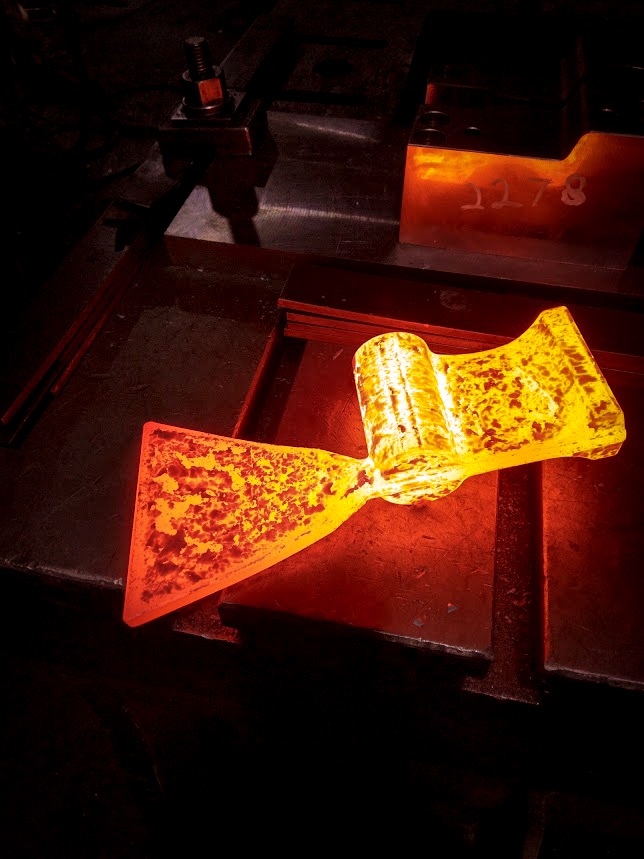Factors to Consider When Buying Custom Forgings


When you need strength, toughness, and integrity in a metal part, forging is usually the solution. Most metals can be forged close to their final shape, which reduces machining requirements and saves on material. However, forging is not a one-size-fits-all process. There are different variants depending on what you are trying to achieve.
In this article, we’ll highlight the main points to consider when buying custom forgings. Once armed with this information, you’ll be able to speak confidently with forging manufacturers and find the best possible solution for your needs.
Custom metal forgings made by the impression die process require custom tooling, and that takes time to make. Before requesting quotes, you should know how many parts you need and at what rate or frequency you want them delivered.
Together, timeline and volume determine what kind of tooling can be produced. Simple “blocker” tools can be manufactured in less time than tools that produce more detailed forgings, but the forged parts will need more machining. Establish your timeline first, then explain timing, part detail, and volumes to potential suppliers so they can determine feasible tooling options.
Part complexity and size determine the forging process, die design, and of course, cost. For example, impression die forging, where the workpiece is shaped between two opposed dies, has size and weight limits dictated by the limitations of the forging equipment available.
Also consider the amount of secondary machining you are willing to perform as this influences impression complexity. In order of precision, custom forgings can be specified as:
Although forging itself helps optimize properties by directing grain structure and reducing internal voids, material selection determines the mechanical properties of the forged part.
The application usually dictates the alloy needed by establishing limits for specific mechanical properties like tensile strength, hardness, and impact resistance. A forging company may assist in material selection based on required mechanical properties and other application needs. If specific materials are required, like stainless steel or titanium, be sure the forging company is equipped to work with those materials.
Some degree of machining is almost always required after forging, and many parts and alloys require heat treatment to increase strength, toughness, or surface hardness. Some forged parts, especially those going into safety-critical applications, may also need non-destructive testing, such as ultrasonic testing or magnetic particle inspection.
When evaluating potential forging suppliers, it’s important to identify the post-forging work needed and determine if these suppliers can carry these out in-house or as value-add.
Founded in 1967, Trenton Forging is an industry-leading and ISO-certified forging manufacturer specializing in impression die forging. We can produce asymmetrical and symmetrical forgings from steel, stainless steel, and steel alloys, and are known for our exceptionally fast turnaround times. Beyond impression die forging, our in-house capabilities include reverse engineering, 3D prototyping, machining, custom tooling/die welding, and resinks.
Please visit our FAQ for more information about our capabilities and size limitations, or complete our contact form today to request a quote or first article sample.